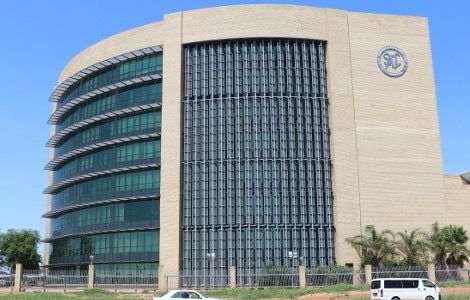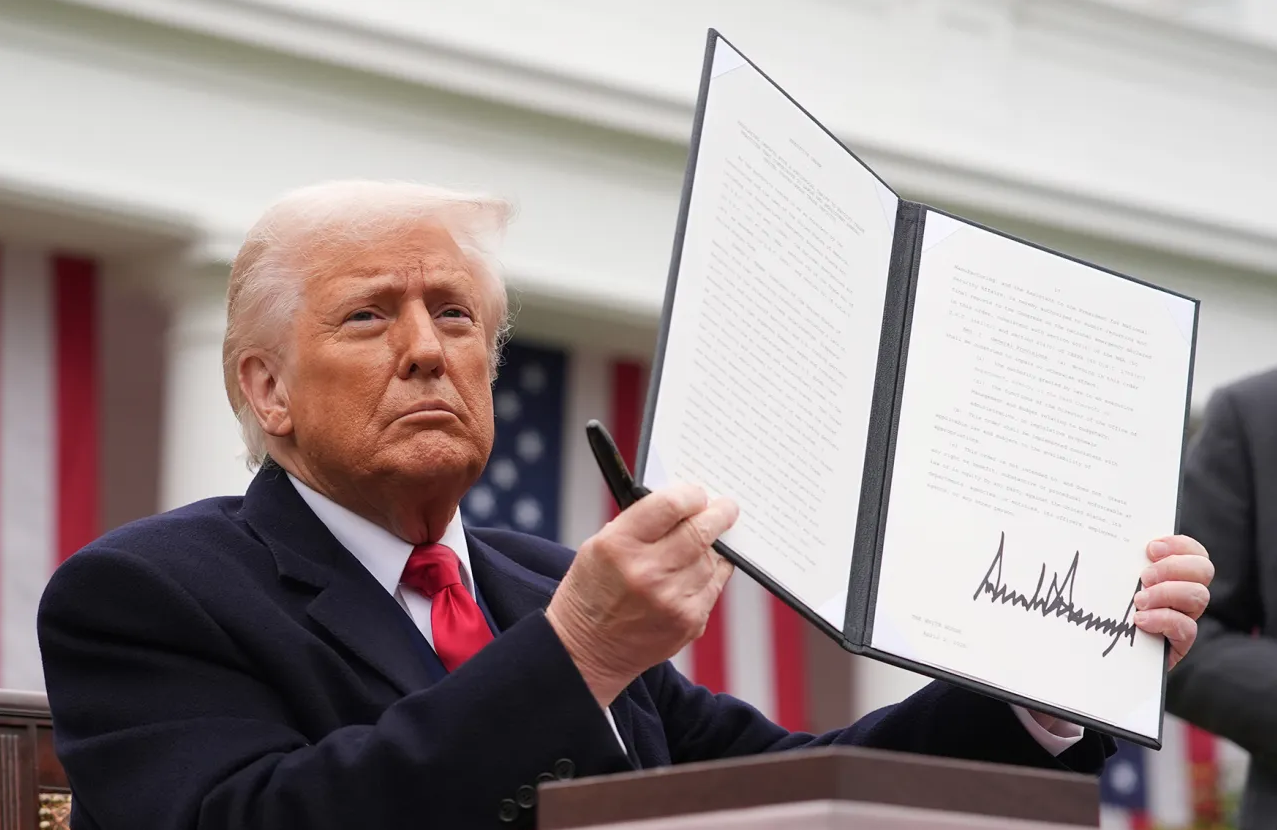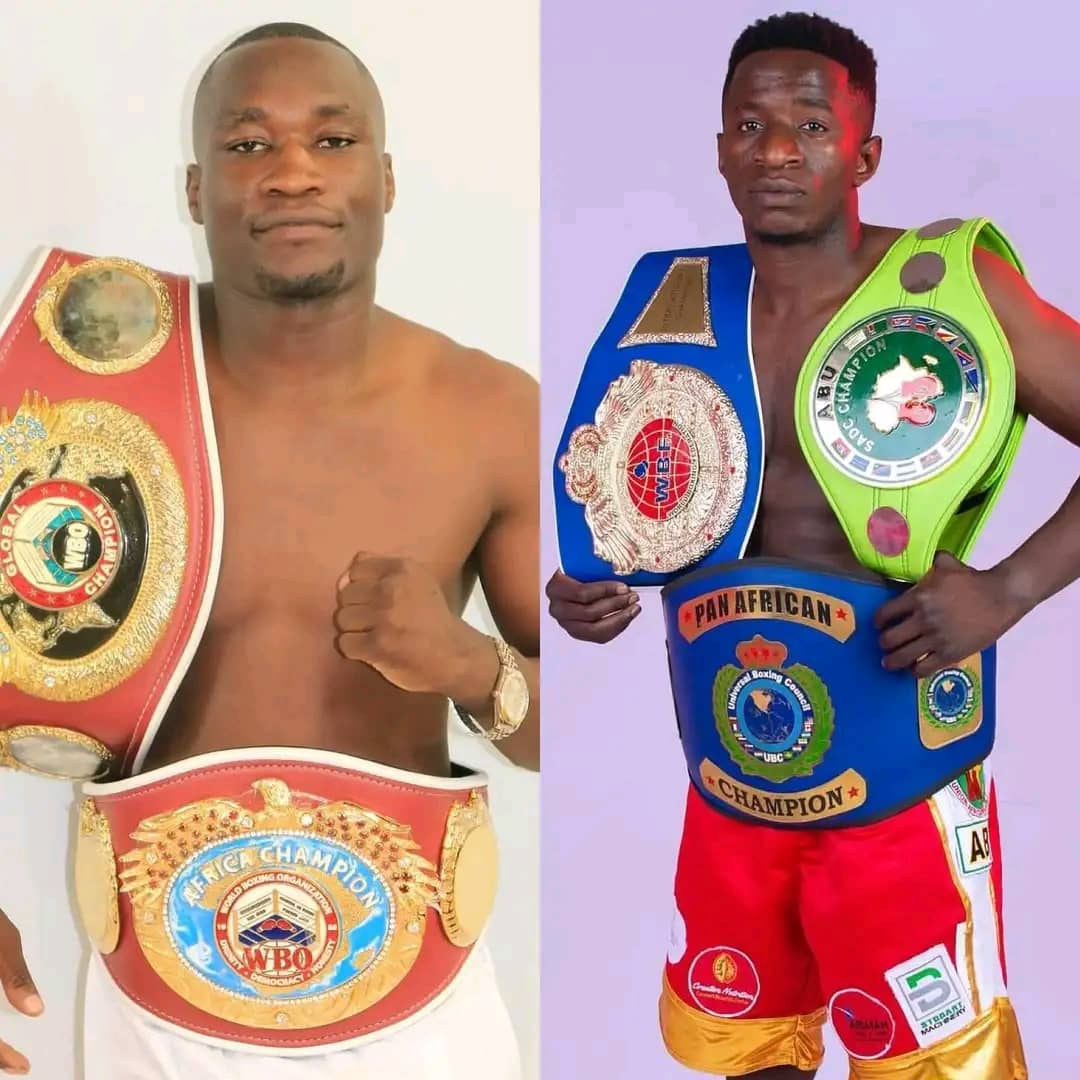RESENTMENT and frustration are simmering among more than 40 unrecognised Herero chiefs, who have been waiting seven years for Government to recognise them after they won a partial court victory in December 2001.
“We have explored all avenues of Government and are now left with one option only and that is to appeal to the United Nations and international human rights organisations,” Herero Chief John Tjikuua of Okakarara said in Windhoek yesterday. “We will also turn to the former Western contact group, being the US, Britain, France, Germany and Canada, the countries which helped Namibia to reach Independence together with the UN,” Chief Tjikuua added.”We will send out the international petitions in the next two weeks.The chiefs lost their official Government recognition as traditional leaders in 1995 after a new law was promulgated, forcing all chiefs to reapply for recognition, but dozens of chiefs did not get recognised after submitting their forms to the Ministry of Local, Regional Government and Housing.The Ministry never explained why not.The chiefs believe only those sympathising with the ruling Swapo party received recognition.Chief Tjikuua, accompanied by Chief Joseph Masupi and the secretary for the group, Gerhard Zeze, told reporters they had several meetings with the Ministry and one with President Hifikepunye Pohamba last year, but all they heard was “Government is considering the matter.””How long are they considering now? It is seven years! This is violation of the rights of communities.We are marginalised by our own Government, we have suffered enough under the German and South African governments.We cannot tolerate this practice any more.The perpetual marginalisation of minority groups has led to uprisings in Darfur, Somalia and Kenya,” Chief Tjikuua stated.He added that they and other tribal leaders had been officially recognised by South Africa and the status had remained in independent Namibia for five years until the new law was passed.In December 2001, the High Court set aside the Government decision not to recognise the 46 Herero chiefs and leaving it tot the Council of Traditional Leaders to decide.The court fell short of ordering Government to recognise the group of chiefs, but the process for official recognition had to start afresh – something the Herero leaders have been waiting for since then.Chief Tjikuua told reporters yesterday that his group would consult with unrecognised leaders of other tribes in the country to invite them to join the international petitioning.”Before we were all on an equal footing, but the new legislation suddenly robbed us of our recognised status,” he said.His group had requested another meeting with Minister John Pandeni last year, but was still waiting for a date to be set, he said.In 2006 the unrecognised Herero chiefs sent a letter to the United Nations, but so far they have only received a letter acknowledging receipt of their letter.”We will also turn to the former Western contact group, being the US, Britain, France, Germany and Canada, the countries which helped Namibia to reach Independence together with the UN,” Chief Tjikuua added.”We will send out the international petitions in the next two weeks.The chiefs lost their official Government recognition as traditional leaders in 1995 after a new law was promulgated, forcing all chiefs to reapply for recognition, but dozens of chiefs did not get recognised after submitting their forms to the Ministry of Local, Regional Government and Housing.The Ministry never explained why not.The chiefs believe only those sympathising with the ruling Swapo party received recognition.Chief Tjikuua, accompanied by Chief Joseph Masupi and the secretary for the group, Gerhard Zeze, told reporters they had several meetings with the Ministry and one with President Hifikepunye Pohamba last year, but all they heard was “Government is considering the matter.””How long are they considering now? It is seven years! This is violation of the rights of communities.We are marginalised by our own Government, we have suffered enough under the German and South African governments.We cannot tolerate this practice any more.The perpetual marginalisation of minority groups has led to uprisings in Darfur, Somalia and Kenya,” Chief Tjikuua stated.He added that they and other tribal leaders had been officially recognised by South Africa and the status had remained in independent Namibia for five years until the new law was passed.In December 2001, the High Court set aside the Government decision not to recognise the 46 Herero chiefs and leaving it tot the Council of Traditional Leaders to decide.The court fell short of ordering Government to recognise the group of chiefs, but the process for official recognition had to start afresh – something the Herero leaders have been waiting for since then.Chief Tjikuua told reporters yesterday that his group would consult with unrecognised leaders of other tribes in the country to invite them to join the international petitioning.”Before we were all on an equal footing, but the new legislation suddenly robbed us of our recognised status,” he said.His group had requested another meeting with Minister John Pandeni last year, but was still waiting for a date to be set, he said.In 2006 the unrecognised Herero chiefs sent a letter to the United Nations, but so far they have only received a letter acknowledging receipt of their letter.
Stay informed with The Namibian – your source for credible journalism. Get in-depth reporting and opinions for
only N$85 a month. Invest in journalism, invest in democracy –
Subscribe Now!










